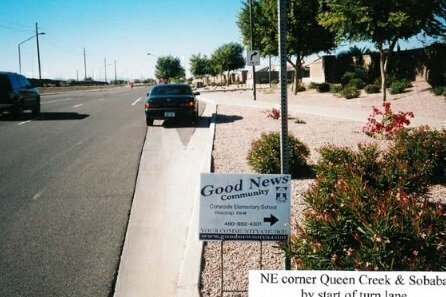The United States Supreme Court resumes business later this month, with some high-profile cases on its docket. But the cases that aren’t making headlines are some of the most interesting in front of the Justices.
 The case of King v. Burwell has received the most public attention because it is a significant challenge to the Affordable Care Act, or Obamacare. The Justices hear arguments on March 4, 2015 and will try to decide if language in the act precludes people from getting tax breaks on premiums sold by federally run health-care exchanges.
The case of King v. Burwell has received the most public attention because it is a significant challenge to the Affordable Care Act, or Obamacare. The Justices hear arguments on March 4, 2015 and will try to decide if language in the act precludes people from getting tax breaks on premiums sold by federally run health-care exchanges.
But before the January-February court sitting ends, the nine Justices will hear other key cases. Here are five that jump out to us as cases that many people can identify with, and could have broad implications.
Reed vs. Town Of Gilbert, Arizona. (Argument date: January 12 ) The first case in front of the Court in January is about local zoning laws that pertain to temporary signs that give directions to where people can attend church services. The Court accepted the case in July 2014 and it involves the zoning ordinance in Gilbert, which draws a distinction between “ideological signs” and “political signs” posted in publicly viewed locations. The Gilbert code restricts religious signs to 6 square feet, while political signs can be up to 32 square feet in size. There are also different time restrictions. A lower court decided the Gilbert code was “content neutral.” The Justice Department supports the church in this case.
Williams-Yulee v. The Florida Bar. (Argument date: January 20 ) Do state judges running for office have the same campaigning rights as politicians? Lanell Williams-Yulee, a candidate for county clerk judge in Florida, personally signed a 2009 campaign fundraising letter. The Florida Bar said that violated the state’s Code of Judicial Conduct—and the Florida Supreme Court agreed. Williams-Yulee is now turning to the First Amendment and our nation’s high court for help. Her case references a Supreme Court 2002 case called Republican Party of Minnesota v. White. In a majority opinion from Justice Antonin Scalia, the Court ruled that a law forbidding judicial candidates from announcing their views on disputed legal issues violated the First Amendment.
Arizona State Legislature v. Arizona Independent Redistricting Commission. (Argument date: March 2 ) Proposition 106, passed in 2000 by 56 percent of Arizona voters, established a statewide, bipartisan committee to oversee the redistricting process for state and congressional seats. Perhaps unsurprisingly, partisan bickering has roiled the committee’s decisions. The GOP-controlled state legislature is hoping the Supreme Court will return control to Phoenix. But a ruling in favor of the bipartisan committee could have far-reaching effects about redistricting – if the Court decides the Arizona legislature has standing to sue.
Equal Opportunity Employment Commission v. Abercrombie & Fitch. (Argument date: February 25 ) Samantha Elauf applied to work for the famous clothing retailer but was rejected. The EEOC took up the case, contending that Elauf, a Muslim, was denied employment because she wears a headscarf. But the agency lost in the Tenth Circuit and is now asking the Supreme Court to intervene.
Rodriguez v. United States. (Argument date: January 21). The case in front of the Justices involves an unnamed police dog that was part of a traffic stop in Nebraska. The core issue is the timing of using a police dog during a traffic stop and how long can an officer delay using a dog after the person in such a stop has received a ticket. In the Rodriguez case, the dog was called on to sniff the car in question about seven or eight minutes after the ticket was written. There’s no dispute, according to petitions filed by both sides, that the pullover was legitimate. The police officer said the “de minimus,” or brief delay, was caused after he called for a second officer to arrive as backup when he deployed the dog. (The canine officer had remained in the car on the scene during the traffic stop and ticket writing.) Rodriguez is represented by a federal public defender, who wants drugs found in the car thrown out of court as evidence because of the delay after the traffic stop concluded.






